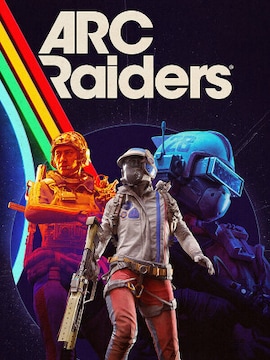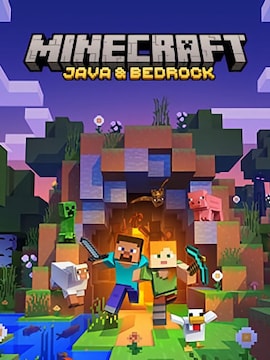Itch.io is looking for new payment options after PayPal and Stripe started blocking adult and NSFW game content.
The changes hit a lot of indie developers hard, and Itch.io’s now rethinking how it runs one of the most open game storefronts online.
What Sparked the Crackdown
This kicked off earlier in the summer. Valve made quiet updates to Steam’s rules that gave more power to banks and payment services in deciding what counts as adult content. Steam then started delisting some games, especially ones with incest themes.
Itch.io’s reaction was bigger. Since the platform doesn’t vet games before they’re posted, unlike Steam, it had relied on user-set tags to keep content organized. That didn’t hold up. So they started auditing the entire site, pulling thousands of games from search just to avoid breaking rules from PayPal and Stripe.
Nobody knows when it will be done. Itch.io says it’s still waiting on final word from its payment partners.
Rules That Keep Changing
The guidelines Itch.io put out were vague. The list of banned themes includes things like animal-related sexual content and non-consensual acts, even implied ones. They admitted the policy is a work in progress and said they will tighten it up later.
This all traces back to pressure from Collective Shout, an Australian group that pushes back against sexualized content in media. They went after a game called No Mercy, calling it a rape simulator. The developer didn’t agree with that, but the damage was done. Payment companies got involved soon after.
So far, over 20,000 games have vanished from Itch.io’s search. Developers say they’ve lost visibility and income. If you already own one of the pulled games, you can still access it, but only if you’ve got the direct link. If not, you’ll need to ask support.
Queer Creators Get Hit Too
Some LGBTQ developers found their content taken down even if it wasn’t explicit. Games with basic LGBT tags were caught in the net. Itch.io said it was because creators marked them as adult, but also noted that automated tools might have flagged things incorrectly.
And here’s the kicker. There’s no appeal process. Once something is flagged, it’s gone. No payout, no warnings. Some developers have left the platform entirely.
The Real Issue: Who’s In Charge
The bigger problem here is how much power payment companies have. Itch.io said they had to act fast or risk losing the ability to process any payments at all. PayPal and Stripe didn’t issue a public statement, but the message is clear. Follow their rules or get cut off.
We’ve seen it before. PayPal gave Patreon trouble over adult content. OnlyFans nearly banned everything explicit until their banks pushed back. As one critic said, scratch a porn ban and you’ll find a PayPal.
The Pushback and What Might Change
People are fighting back. Users have been contacting Visa and Mastercard’s customer support to complain. Some developers made lists of delisted games so players can still find them. Itch.io even hinted at the risk by telling users to back up their purchases. That was a quiet warning about how fragile digital libraries can be.
There’s some hope. The IGDA, or International Game Developer Association, called for better and clearer standards around adult content. They pointed to processors like Verotel and CCBill, which already handle adult-friendly transactions. Itch.io is reaching out to them and looking at better tagging systems, age gates, and content filters to keep things open without getting cut off again.
Where Things Stand Now
Itch.io is stuck in the middle. Developers want creative freedom. Payment providers want control. The platform has to figure out how to keep the store running without cutting out the creators who made it what it is. Unlike bigger platforms, Itch.io has been open about all of this. They’re trying to survive and still be transparent.
If you’re a player, now is a good time to back up your game library and support developers directly where you can. If you’re a creator, keep an eye on where this heads. The rules are shifting fast, and everyone is trying to keep up.




